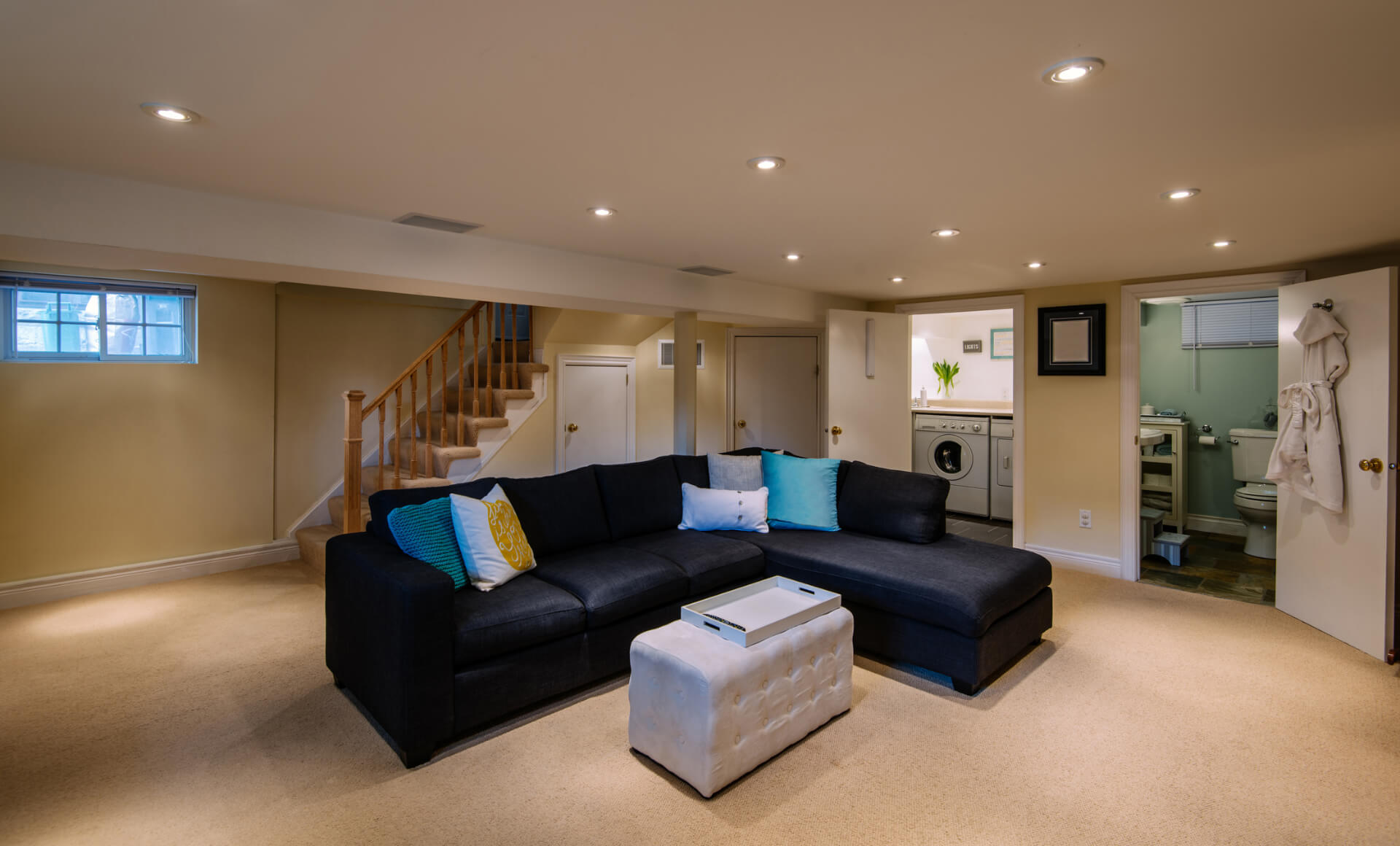Permits and requirements
When you are altering, extending or demolishing a basement you must comply with a wide range of laws. These may require you to seek different types of permission, including:
- Planning permission, except in circumstances where it may be permitted development
- Listed building consent (if the building is listed)
- Structural impact assessment or report (if the building is listed or of merit to the townscape)
- Building regulations approval
- Highway licences – Many of these must be applied for before starting work and include skip, scaffolding, hoarding and building material licences, parking suspensions and trader parking permits
- Temporary traffic orders (closing pavements, road space and bus stops)
- Party wall agreement if work is within three or six metres of adjoining land
- Notifying the council and neighbours if the work will involve environmental health risks including noise, vibration, dust, contaminating land or changes habitable accommodation standards
- Freeholder consent – This is always required, including before submitting a planning application
- Utilities permission – This includes water suppliers and transport companies such as Network Rail
In addition to these circumstantial requirements all basement developers must prepare and submit a statement of how the construction will be managed as well as sign up to a Considerate Construction Scheme.
What are the potential issues?
Proposing basement works can throw up unexpected issues. Here are just a few of the common design problems that you should be aware of while planning your basement project:
- Inappropriately large extensions – This is as true below ground as it is above ground!
- Trees and roots – Be aware of trees on or near your site and the space their roots need to be protected, as encroaching this space may categorise your basement as overdevelopment
- Gardens – Proposed basements should not take up more than half of a front and/or back garden as they may impact biodiversity
- Rain and drainage – Any development should provide enough planted material to absorb rainwater adequately
- Basements as accommodation – Basements used as housing must be of high quality and provide a good standard of sunlight, outlook and privacy
